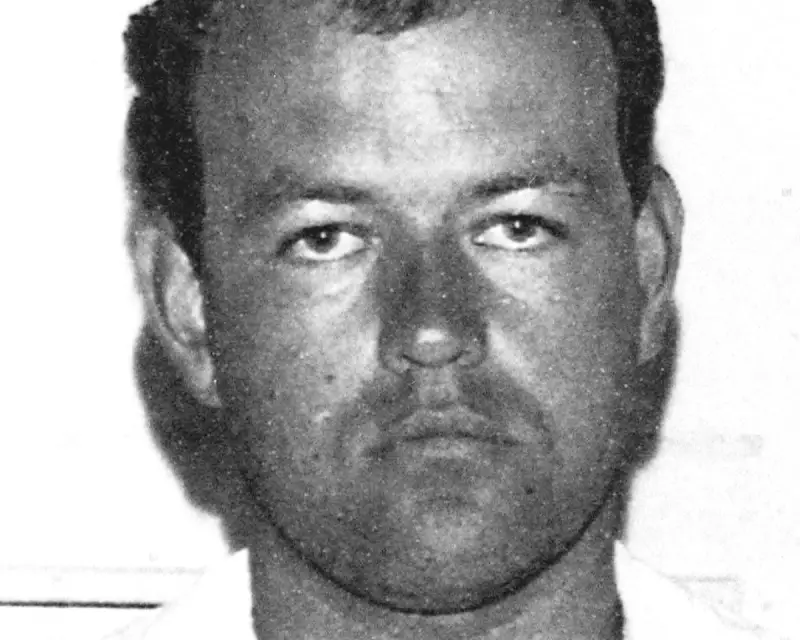
In a decisive ruling that will bring relief to victims' families and the public, double child killer Colin Pitchfork has been denied release from prison. The Parole Board concluded that the notorious murderer, who brutally killed two teenage girls in the 1980s, remains too dangerous to walk free.
A Chilling Criminal History
Colin Pitchfork's crimes sent shockwaves across Britain in the 1980s. The former baker was convicted in 1988 for the sexual assault and murder of two 15-year-old girls:
- Lynda Mann (1983) - attacked and killed in Narborough, Leicestershire
- Dawn Ashworth (1986) - murdered in nearby Enderby
Pitchfork made legal history as the first murderer convicted using DNA evidence, a groundbreaking development in forensic science that would revolutionise criminal investigations worldwide.
Parole Board's Damning Assessment
The Parole Board's latest assessment delivered a stark verdict on Pitchfork's suitability for release. Despite having been previously granted and then recalled from release in 2021, the board found compelling evidence that he continues to pose a significant risk to the public.
"After considering the circumstances of his offending and his behaviour in custody, the panel was not satisfied that release would be safe for the protection of the public," the board stated in their official decision.
Long Road Through the Justice System
Pitchfork's case has travelled through numerous legal milestones:
- Originally sentenced to life imprisonment in 1988 with a minimum term of 30 years
- First parole hearing in 2016 resulted in continued imprisonment
- Granted release in 2021 but recalled to prison months later
- Latest parole bid rejected in October 2025
The families of his victims have repeatedly expressed their horror at the prospect of his release, arguing that his crimes were so heinous that he should never taste freedom again.
What Comes Next?
While this decision keeps Pitchfork behind bars for now, the legal process allows for future parole reviews. However, the strong wording of the latest rejection suggests the 65-year-old killer faces significant hurdles in any future bids for freedom.
The case continues to serve as a benchmark for how the British justice system handles the most dangerous offenders, balancing rehabilitation against the paramount need for public protection.





